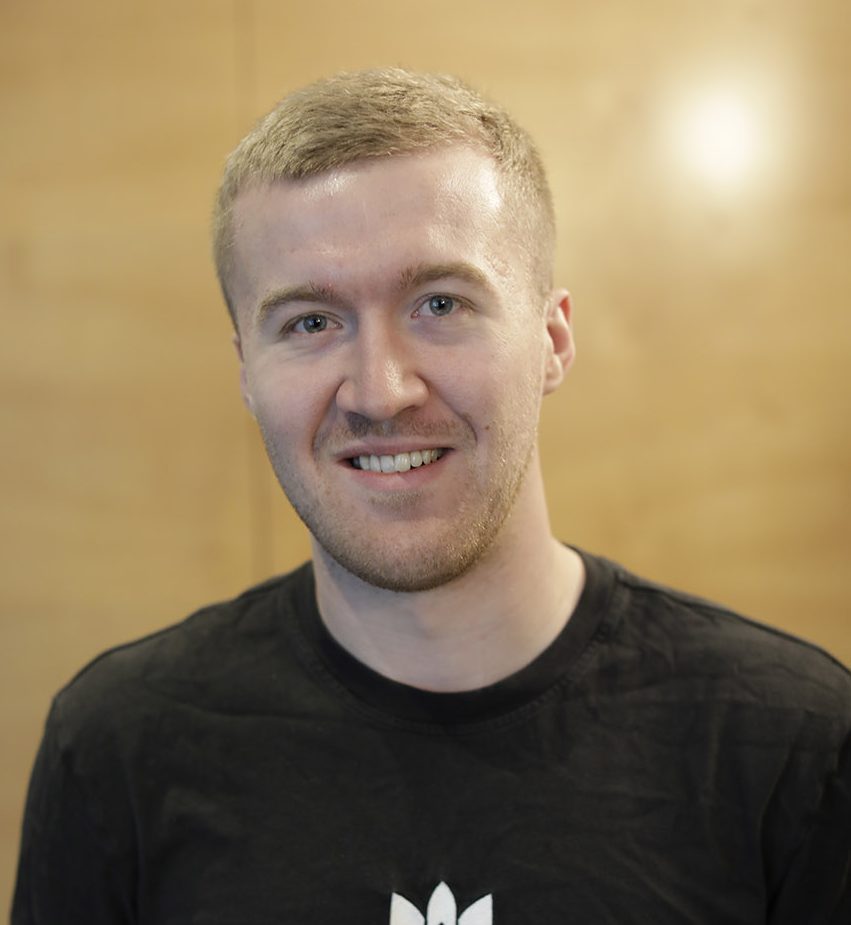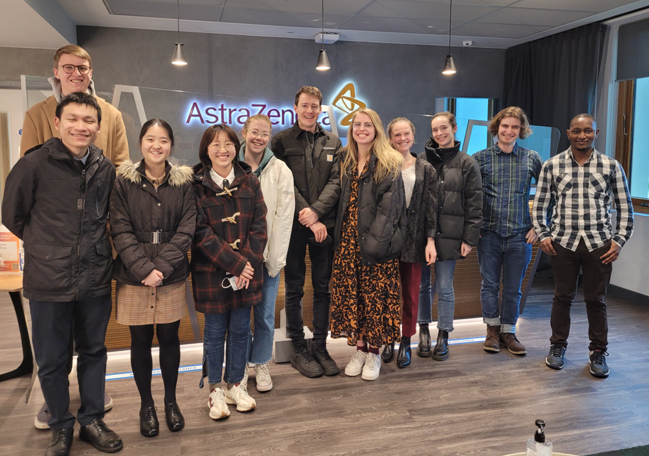The HDRUK-Turing Wellcome PhD programme ensures that students gain a breadth of experience and are prepared for a successful future.
At the end of his foundation year David Brind was able to pause the start of his three-year thesis project to take up a six-month internship with the innovation branch of the NHSX analytics unit.
He said: “The main reason I wanted to do it was to see what it was like to work in an environment that had more of a business than a research style – it was great experience.”
The programme team regularly shares details of internship opportunities, encouraging students to experience environments and approaches that would not occur naturally as part of their studies.
David’s thesis project (which you can read about here) is a study of multimodal deep representation learning for cardiac risk stratification.
He says: “What that means is, we’re looking at multiple data sources. So I’m starting on cardiac ultrasounds, and then we’re going to be looking at electrocardiograms ECGs and then patient level electronic health records. The aim is to find features within the data sources which are potentially overlooked by clinicians.”
The research is exciting because there could be a wealth of untapped patient data readily available that can be used for other purposes – like identifying which patients might be at risk of other diseases.
David says: “We want to try and get as much value out of the data as we can. There’s a lot of data, but we don’t know whether it’s been fully leveraged.”
This sense of value is fundamental for David.
He says: “It’s very much geared towards yielding a practical outcome that’s going to benefit healthcare. It is a big point for me that my research has a meaningful impact. I didn’t want it to just be just a thesis on a shelf somewhere.
“The hope is that there’ll be an impact, maybe on ultrasound in the future. So there might be new measurements that we find that are useful for clinical practice.”
David is from a physics background so found that the foundational year helpful in building his understanding of health data science before he committed to a thesis project.
He says: “The foundational year allowed me to get exposure to different elements, whether that was risk analysis or looking at imaging. You could explore the whole field of health data science and it’s vast, with loads of niche areas.
“The main benefit was understanding what interested you, so for your thesis research years you could home in on that rather than being confused, or reaching year three and thinking you would rather have gone down another avenue.”
David’s background
David has a background in physics from the University of Manchester and experience in healthcare data science from his master’s degree project.
During his PhD foundation year he was part of a small group using anonymised NHS patient data to carry out a large-scale survival analysis of COVID-19 patients.
He is an avid supporter of his local football team, Wolverhampton Wanderers, and is a regular gym goer.


